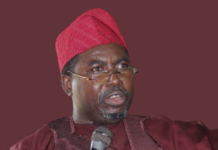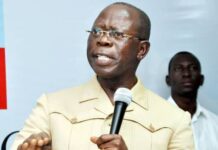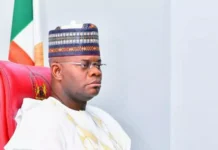Some female entrepreneurs have attributed the inability of women to excel in entrepreneurship to stringent conditions attached to loans by commercial banks, lack of access to landed property and ignorance.
They were speaking at a Women’s Economic Empowerment Media Conversation on funding challenge faced by women entrepreneurs in Nigeria, organized by a non-governmental organization Gatefield, with a focus on findings of a recent report by Bill & Melinda Gates Foundation, where women share their ambitions for economic power.
A female entrepreneur and co-founder of Auto Girl, a mobility startup, Chichi Arinze, acknowledged the difficulty women faced in accessing capital for their businesses.
“The fact that I’m a woman in a male-dominated space makes it look less serious to financiers who often think of someone in the mobility space as a macho man not a woman no matter the competence”.
“There is truly a funding gap but some banks and organizations are beginning to make access to funding a bit easier with programmes specifically designed for women. I knew about it just last year. Despite that, it is still hard to get adequate support to build a global company because most women don’t have landed property or houses to use as collateral.
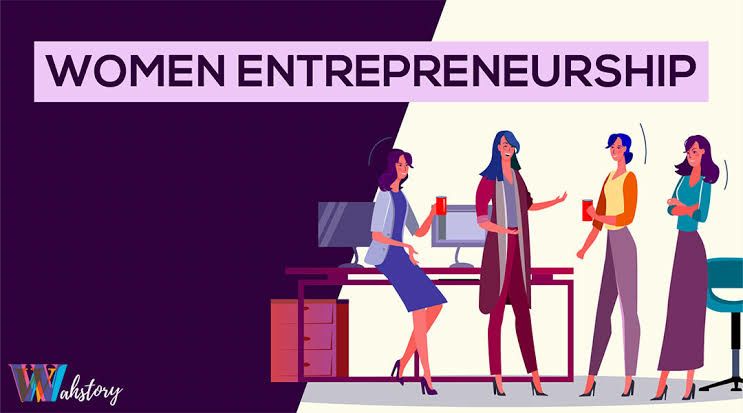
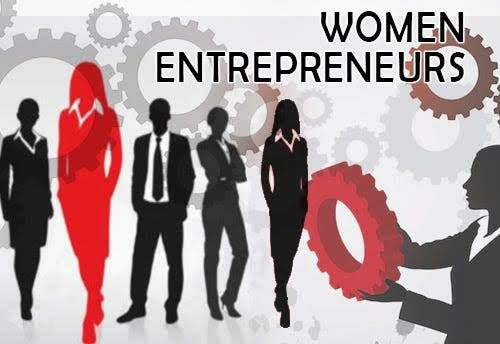
“But one approach that BOI took to get a third party to provide that collateral. That is how we got our BOI loan. We provided two references – one a civil servant and another person who provide their own collateral. Other financial institutions should explore that option,” Arinze recommended.
Founder of Loom Craft Chocolate, a cocoa processing company, Uzoamaka Igweike, has fortunately received different types of funding including the start-up grant from Tony Elumelu Foundation.
“We’ve received grants from different sources including the Nigerian Export Promotion Council, (NEPC). We received grants through competitions. We receive conditional matching grant from the Brave Women Foundation to achieve one of the biggest targets to migrate a portion of our power use to solar energy”.
For Igweike, the biggest challenge for women and small businesses generally is ignorance. “Some of these opportunities are out there, but you can’t take advantage of them if you don’t know. Women must subscribe to different entrepreneurship programs that are targeted at women and join platforms where opportunities are shared”.
“Some women-led businesses unregistered with no business account and no record keeping. But organizations funding businesses want to see your records. Before we got a BOI loan we are on currently, we went series of documentation. We presented our audited report. Many of my colleagues failed because they couldn’t fulfill all the requirements”.
One of the panelists, Osasu Igbinedion Ogwuche, agreed that collateral has hindered the progress of many female enterprenuers, but noted that fintechs have made access to capital much easier for businesses. “Providing loans to small scale business women without collateral is very important. So, it’s important to also tell success stories of how Nigerian women in particular are very credit-worthy as 95% of them are paying back their loans as at when due. Banks and organizations should appreciate the fact that loans are better given to women than men”.
Another panelist, Fifehan Osikanlu, who stressed the need for government to implement policies that will increase funding access for women, called on the media to spotlight the hindrances in a manner that can deliver positive change.
“Let government make necessary changes and implement solutions we have proffered. We need many media professionals to consistently and regularly drive the conversation until women significantly included in the economy.
“The power of narrative and storytelling of the media should be deployed. As we consistently push the narrative until we get the CBN to enforce, 30 to 40% mandatory lending right to women by commercial banks and 50% access to intervention funds for women”.
“The more government actors, policy makers are constantly bombarded with this conversation, especially in the media, the faster those changes come. That’s one way to hold them accountable,” Osinkalu said.
She listed some interventions that have impacted women entrepreneurs in the country to include: the Dangote and BOI fund, Access Bank W-Power loan, FCMB gender loans, Stelling Bank Women in Agriculture Fund. There are plethora of them locally”.
